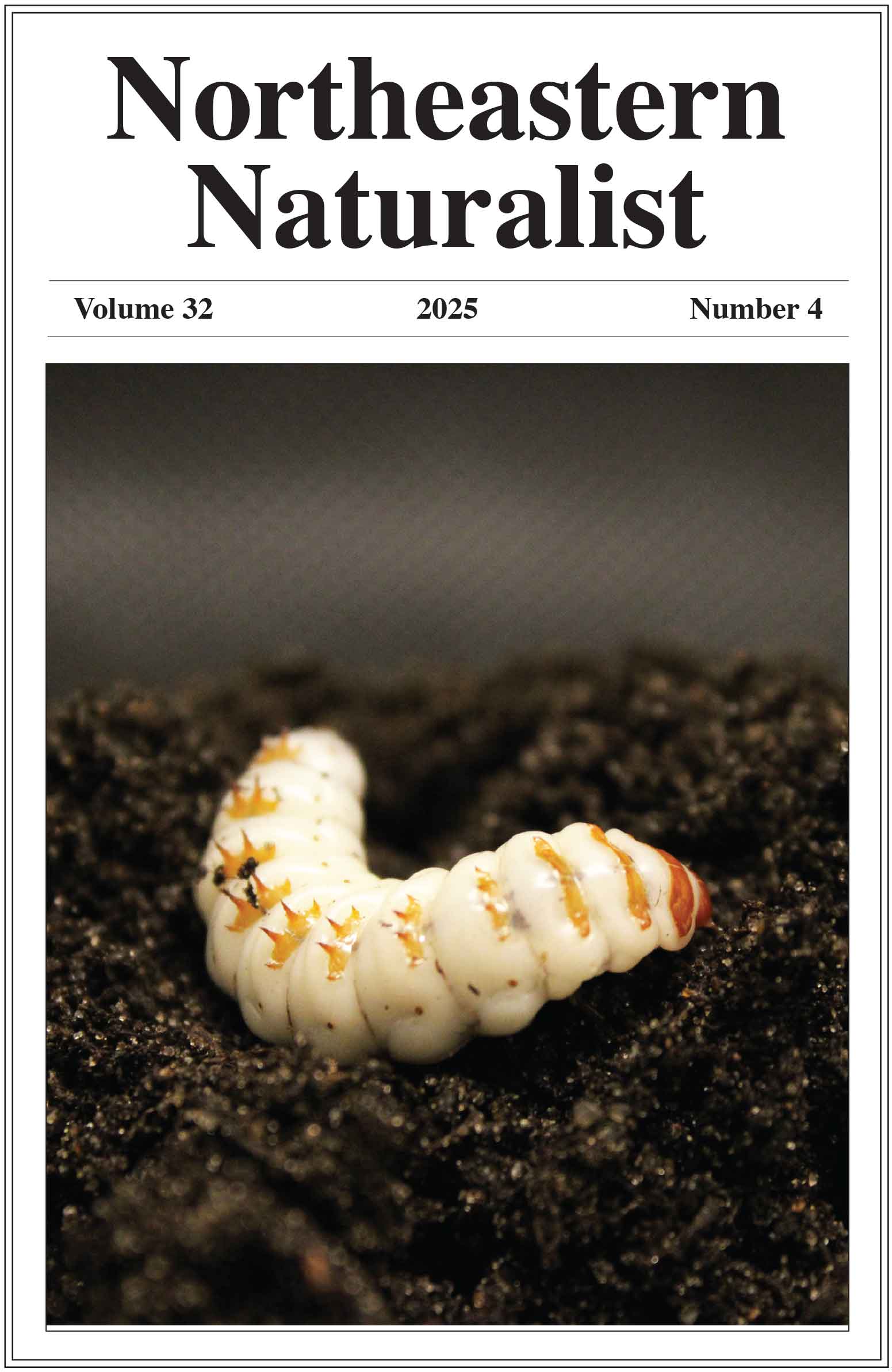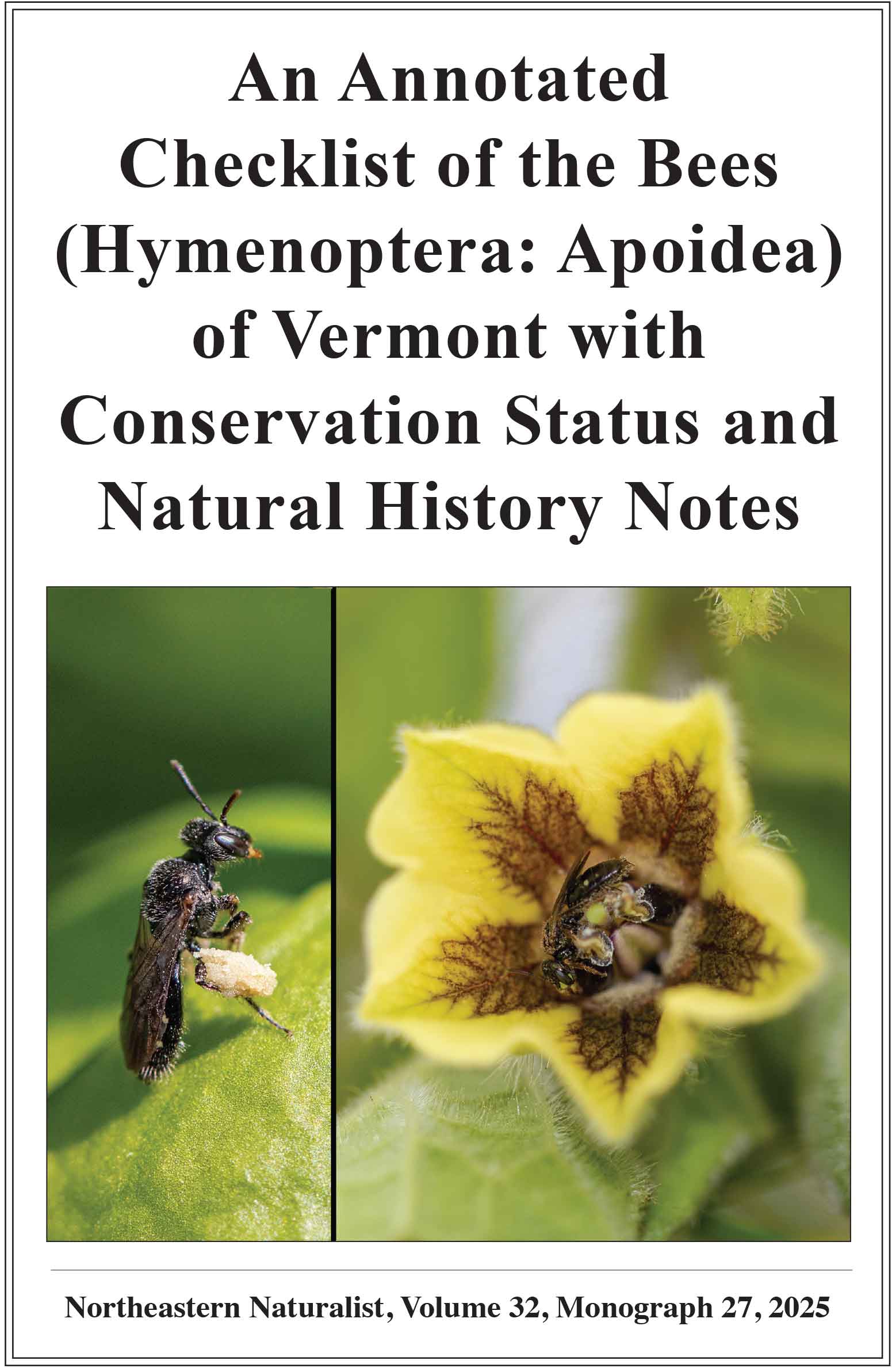Patterns of Avian Diversity for a Maritime Ecosystem at Orient Beach State Park on Long Island, New York
Brook Lauro1,* and Ian MacGregor-Fors2
1Deparment of Computer Science, Mathematics, and Science, Collins College of Professional Studies, St. John’s University, Jamaica, NY 11439. 2Department of Biological, and Environmental Sciences, Ecosystems Environment Research Programme, University of Helsinki, Niemenkatu 73, Lahti 15140, Finland. *Corresponding author.
Northeastern Naturalist, Volume 29, Issue 3 (2022): 353–369
Abstract
We examined patterns of avian diversity in a maritime ecosystem at Orient Beach State Park on the North Fork of Long Island, NY. We compared avian diversity in beach, saltmarsh, shrub, a Juniperus virginiana (Eastern Redcedar) maritime forest, and an interior hardwood forest at nearby Mashomack Preserve. Maritime forest was highest in bird species richness followed by saltmarsh, interior forest, shrub, and beach. Habitat variables best explaining avian species richness were sand cover, vegetation cover, visibility, and height of nearest vegetation. The peninsular shape of the maritime forest supported greater edge habitat compared to the interior forest, encouraging greater avian diversity. This study provides baseline information for the conservation of a rare maritime ecosystem.
![]() Download Full-text pdf (Accessible only to subscribers. To subscribe click here.)
Download Full-text pdf (Accessible only to subscribers. To subscribe click here.)
Access Journal Content
Open access browsing of table of contents and abstract pages. Full text pdfs available for download for subscribers.
Issue-in-Progress: Vol. 33(1) ... early view
Check out NENA's latest monograph and Special Issue:













 The Northeastern Naturalist is a peer-reviewed journal that covers all aspects of natural history within northeastern North America. We welcome research articles, summary review papers, and observational notes.
The Northeastern Naturalist is a peer-reviewed journal that covers all aspects of natural history within northeastern North America. We welcome research articles, summary review papers, and observational notes.